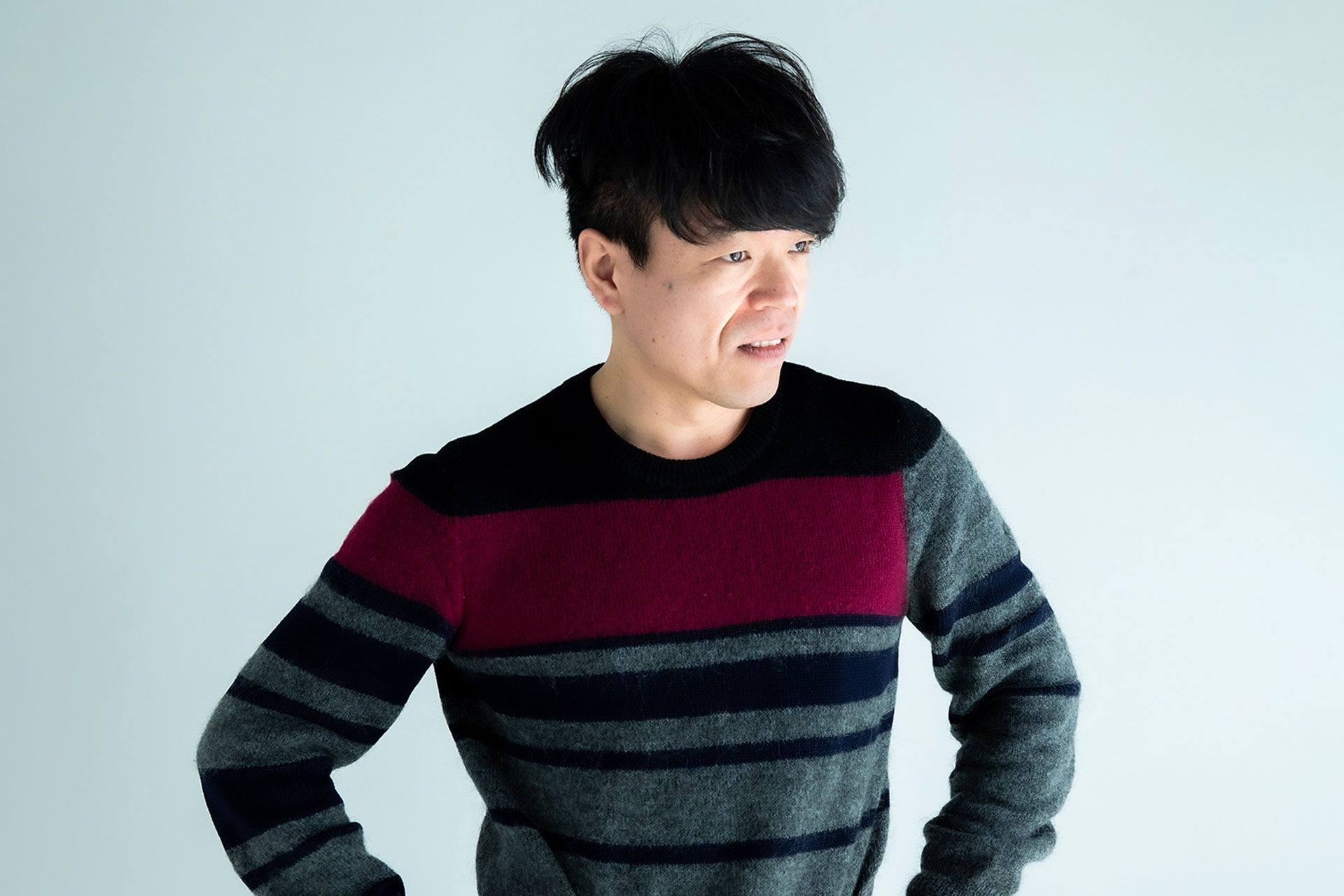Interview with Kazuki Watanave from Japan

Interview with Yan Chen from China
January 18, 2024
Interview with Atsuko MIURA from Japan
January 18, 2024Kazuki Watanave
Kazuki Watanave developed an interest in photography at the age of 18 after encountering the work of Helmut Newton in a bookstore in his hometown. It was the first time he found photographers' work truly captivating, sparking his desire to pursue photography himself. Motivated by this newfound passion, he made the decision to attend university to study photography.
Interview With The 2023 London Photography Awards Category Winner – Kazuki Watanave
I was born and raised in Tsubame City, Niigata Prefecture, Japan. Some people may be familiar with the name “Tsubame-Sanjo” as the city is known for manufacturing western tableware and cutting tools.
I became interested in photography when I first saw Helmut Newton's work at book store in my hometown when I was 18 years old. For the first time, photographers seemed compelling, and I also wanted to be a photographer. For this purpose, I decided to go to university for photography.
Recently, I had the honour of contacting the president of Tokyo Polytechnic University to share the news of my triumph at the London Photography Awards. During our conversation, I was deeply moved when the president observed, “Your life's work, encompassing themes like pigs, rice, and now bees, all seem to intertwine with the concept of harvest.” This perspective was a revelation to me, as I had not consciously infused my works with the theme of 'harvest.'
The president's insight offered me a new and unexpected understanding of my own art.
The winning work “HARVEST” is the photography series documenting the work of American Beekeeper Eric Bossick, from beekeeping to mead making, the fragility and beauty of the bees he raises and the honey he harvests. In 2021, while I was shooting this work, the mead he made won gold and bronze medals at the International Mead Competition. Encouraged by his award, I also wanted to know how people abroad would evaluate this work.
So, when I was looking for photo competitions abroad, I found the London Photography Awards. I was attracted by the name of this competition and your taste in selecting the winning entries, and I wanted to enter this project.
Actually, there is a cafe named "London" in my hometown, Tsubame City. It is my favorite coffee shop with a nice old interior. When I was a child, I once received a phone call with the wrong number, and asked: "Are you London?" I remember it as a strange and scary experience. I have always thought that maybe London had some mysterious connection to me. And now that this connection with London has become a reality, I am very deeply moved.
Since I just received the award, there is nothing that I can call career advancement yet, but I am sure that I am feeling the repercussions of this award in Japan. The other day, my old school, Tokyo Polytechnic University published a press release with an article about my awards.
Also, I was given the opportunity to exhibit this winning work - "HARVEST" at the "Tokyo Polytechnic University 100th Anniversary Exhibition” in the Tokyo Photographic Art Museum.
In my fourth year of university, I became an assistant to Setsuo Hirosaki, a photographer who mainly shot architecture and interiors. He was a taciturn man, and he wasn't usually the type to give me advice in his words. Therefore, it could be said that his photographic techniques and the act of shooting itself became his advice. He was the type of person who would take the time to observe his subject before shooting them.
Rather then looking through the viewfinder of the camera, he would use his naked eye to judge the viewpoint from which architecture would look the most beautiful, the light that would illuminate the subject, and the best composition. This is still the basis of my shooting style, whether the subject is architecture, portraits, or bees.
To value the originality of the work. In other words, I get excited by images never seen before, and I always want to be a photographer who can also take such photographs. Therefore, my advice is to take unique photographs that only you can express.
I think it is important to reflect upon what is new information for you. It may be important to go to see the latest building to get new information, but you can also get new information from old books and movies. Last year at my parents' house, I found a wet collodion photograph of a portrait of my ancestor from 150 years ago.
The blue silver-exposed on the glass plate looked new to me, and I was reminded of how beautiful the photograph is as a material. Therefore, I think it is important to always have a sense of flexibility when it comes to acquiring information and knowledge.
Winning Entry
HARVEST | 2023
I first met the beekeeper Eric Bossick, the subject of this work, when I was polishing my motorcycle in front of the apartment I was living in at the....
(Read more at London Photography Awards)
Kazuki Watanave
Kazuki Watanave developed an interest in photography at the age of 18 after encountering the work of Helmut Newton in a bookstore in his hometown. It was the first time he found photographers' work truly captivating, sparking his desire to pursue photography himself. Motivated by this newfound passion, he made the decision to attend university to study photography.
Read more about this interview with Kenji S from Japan, the Gold Winner of the 2023 London Photography Awards.


